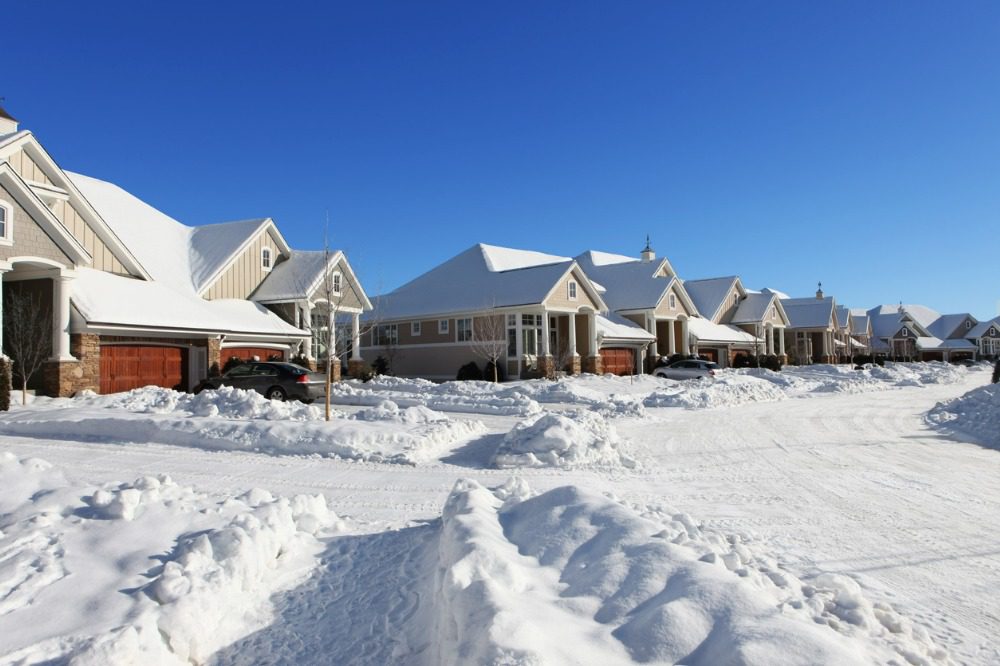NRMA reveals worst winter for wild weather insurance claims in six years

The report pointed to an East Coast low in early July as the main driver of rising claims over winter, with New South Wales (NSW) battered with heavy rain, resulting in significant flooding in the Hawkesbury-Nepean and Mid-North Coast regions. The west coast of Australia also experienced wild weather, with multiple bursts of damaging winds striking southwest Western Australia at the beginning of August.
Read more: NRMA releases fourth Wild Weather Tracker report
Despite experiencing multiple extreme weather events and the rising community concern about wild weather’s frequency and severity (75%), only 37% of Australians have prepared for wild weather in the last three months, 11% less than the previous year, according to NRMA.
When asked what holds them back from preparing, the respondents said they:
Don’t think their suburb will be impacted by wild weather (42%);
Don’t know where to start (27%); and
Find it challenging to find the time to prepare (22%).
NRMA meteorologist Dr Bruce Buckley reminded Australians to start preparing for the unseasonal severe weather forecast for the months ahead.
“Over the next few months, we will see multiple severe weather drivers reinforcing each other, including La Niña and a negative Indian Ocean Dipole, which are likely to bring a much wetter than average spring across the eastern states and through South Australia,” Dr Buckley said. “This is a rare coincidence of climate drivers that favour bursts of very heavy rainfall capable of producing flash and river flooding through spring and early summer. At the beginning of spring, we are encouraging Australians to clear their gutters and downpipes, which is a simple but effective way to minimise the likelihood of water getting into your home.”
NRMA’s report further encourages Australians to:
Clear gutters, downpipes, and drains;
Secure outdoor items; and
Save and know the SES phone number (132 500) in case of emergency).
With climate change worsening the severity and increasing the frequency of weather events, NRMA’s parent company, Insurance Australia Group (IAG), developed new First Nations-led carbon farming projects. It also joined the Net-Zero Insurance Alliance (NZIA).





